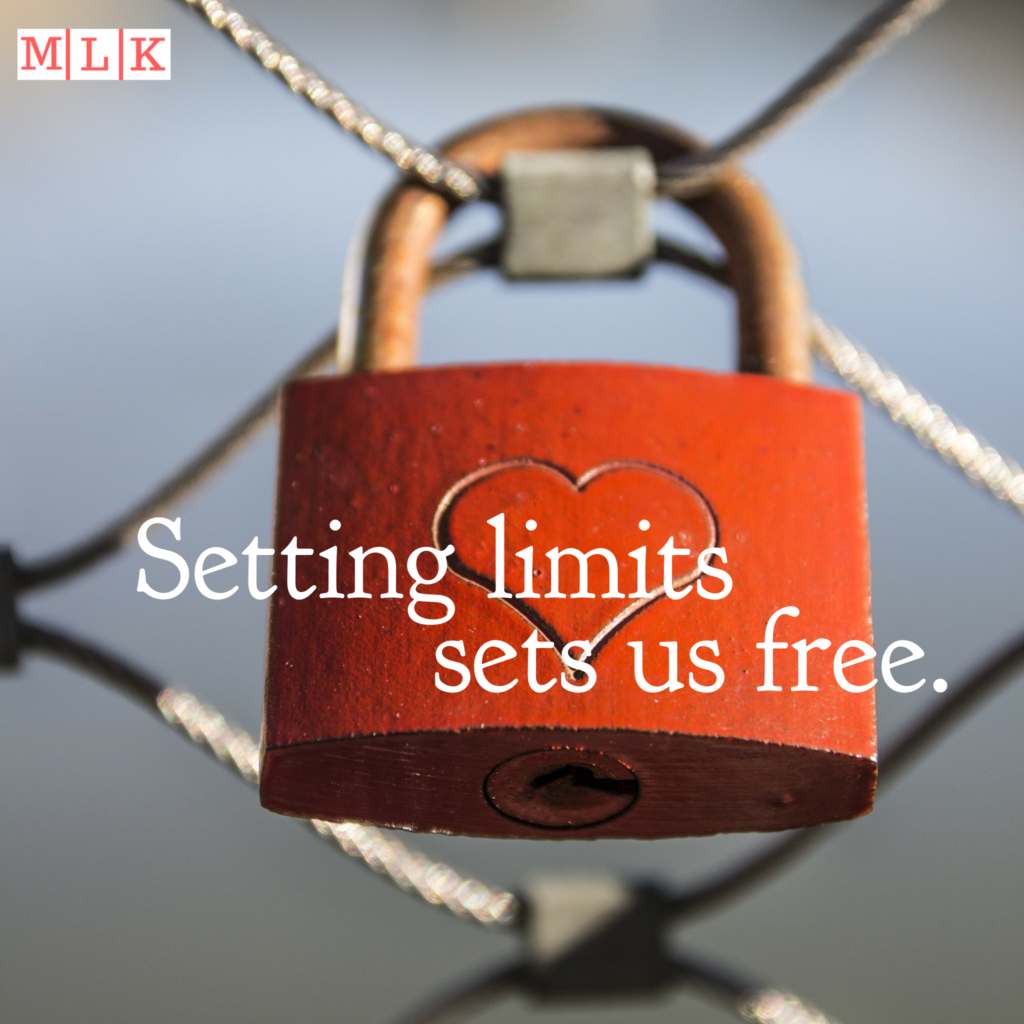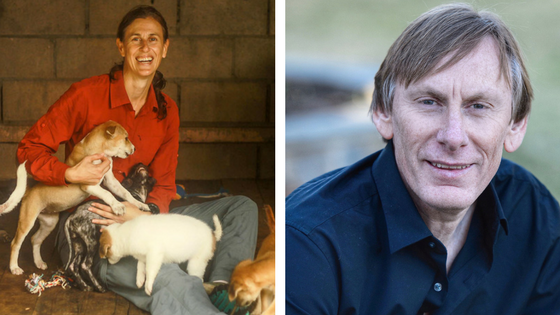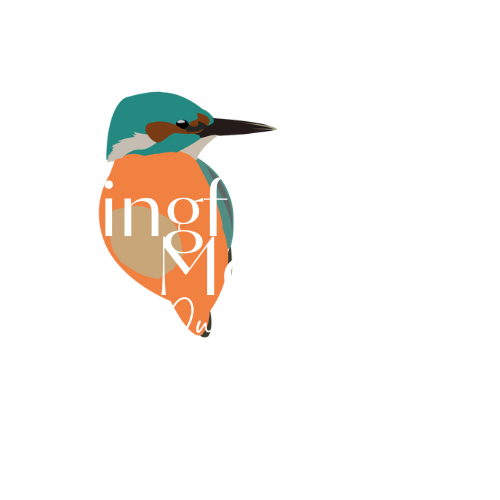
Last night I attended a 2-hour personal safety training. The last time I took any kind of self-defense class was in high school. While the nature of predators hasn’t changed much in 30+ years, the way to recognize them and fend them off has.
One strategy I was taught back in the 80s recommended carrying my car key in my dominant hand so the metal part sticks out between my second and third finger. The thought process behind this technique is obvious: if anyone threatens me, I can simply jab them in the eyes or throat with the key and get away.
Our instructor Michele was quick to debunk that myth, telling us a story about how she tried that method on a practice dummy at her dojo and ended up cutting her hand pretty badly from the retracting force of her punch. (The dummy didn’t suffer much beyond a couple of dents.) As my friend Elizabeth pointed out, most cars these days start with electronic fobs, not metal keys. “I can barely find the thing at the bottom of my purse!” she laughed. “Forget about using it as a weapon.”
A better strategy — should someone unsavory or unwanted invade your personal space — is to simply say “No!” as loudly as you can. “Do not underestimate the power of a loud no,” Michele repeated throughout the night. “It makes you instantly a foot taller.”
Why Saying No Can Be Hard
But saying No isn’t easy. In a “go for it” culture such as America’s, a lot can be said for the power of Yes. In many ways, saying No has been conditioned out of us. It is rarely celebrated and easily misunderstood. Saying No implies being close-minded or limited. It represents shutting down, cutting off, slamming shut. How un-American!
But have you ever had that strange feeling right before something big is about to start — a trip, a project, a meeting, for example — when your gut is telling you something’s not right? That you should step back and take a time out, even if it’s to check the house one last time before driving off for the summer road trip? Are we supposed to ignore our “sixth sense” and push on anyway so we can avoid social shaming? Michele said, “Absolutely not. There’s a reason for our instinct. We need to learn how to listen to it.”
During an average football game, refs say No every time they blow their whistles to stop the play. “The previous play is under further review,” they announce to the crowd. Run the commercial. Bring on some entertainment. As a fan, this is a perfect time to hit the restroom or refill the empty red cup. No is a pause, a timeout, a chance to look at something again from different angles. No allows us to reflect, if only for a few extra seconds, before proceeding with our plan. No can mean the difference between safety and danger.
Saying No Sets Us Free
As an entrepreneur, I hear No a lot, both from others and myself. Bids I put out to potential clients get turned down. Invitations to events that look amazing I have to say No to because attending would take time away from more pressing projects. Setting limits gives us freedom, though. And to me, understanding this idea is as empowering as Michele’s lesson about a loud No.

My guests this month over on my podcast said no to parts of their lives that, by all appearances, were ideal. Cushy positions with generous salaries were traded in for a life less ordinary. Both Andrea Jordan and Steve Robertson had the courage to say “No!” to what was no longer working for them in their lives. As a result, they are happier, more fulfilled and have zero regrets.
What do you need to say No to in your life? The next time the hair stands up on the back of your neck or you get that funny feeling in your stomach, blow the whistle and stop the play long enough to confirm or deny what your instinct could be telling you.
Don’t worry what other people might think. Your truest fans will wait for you.
